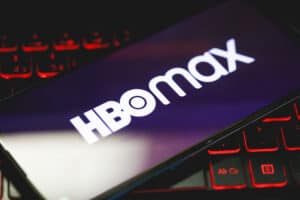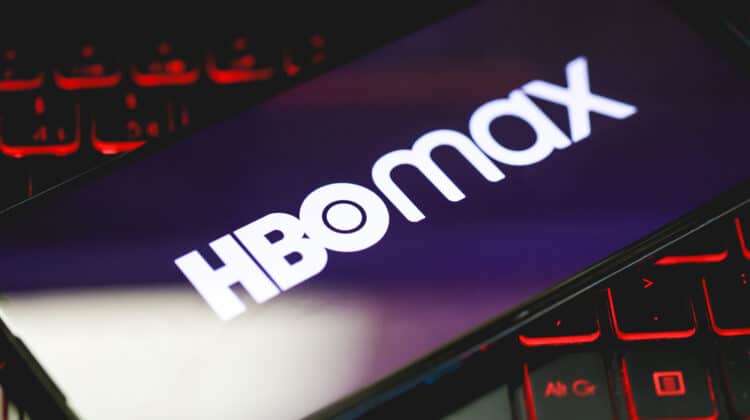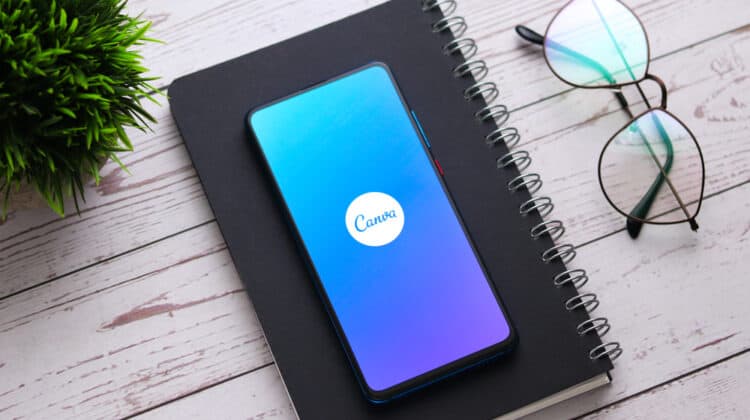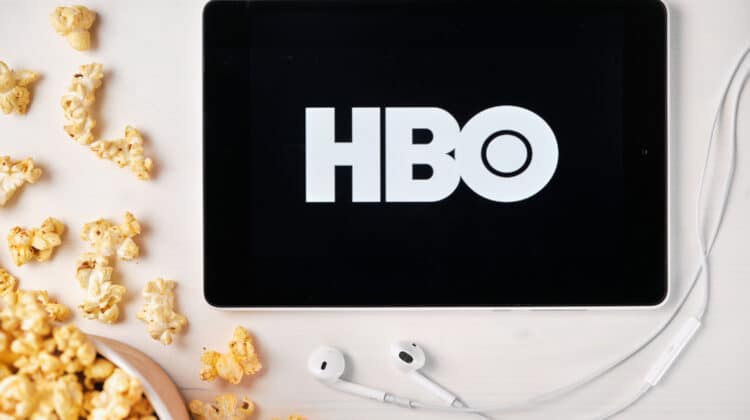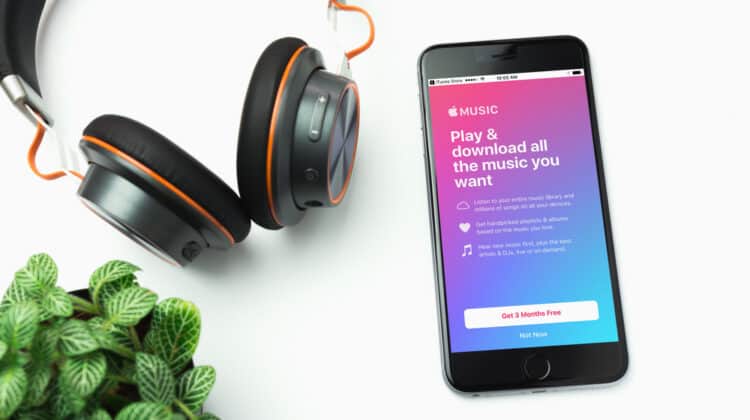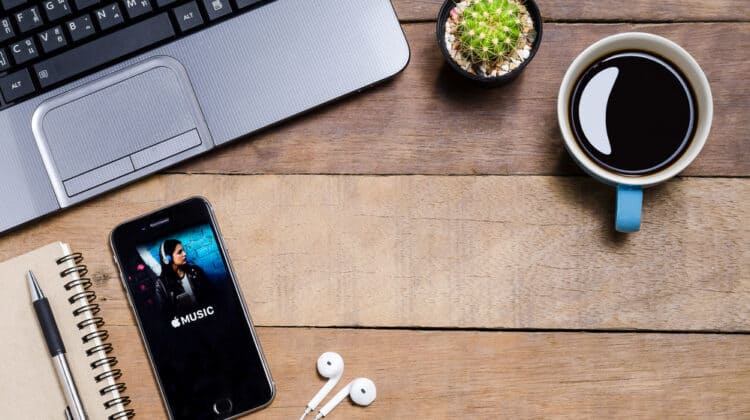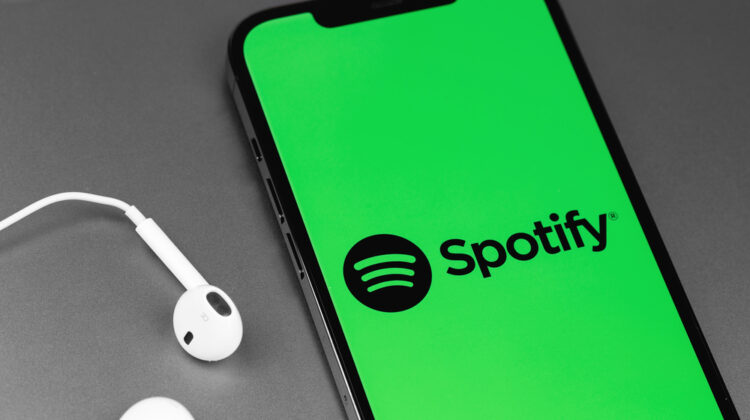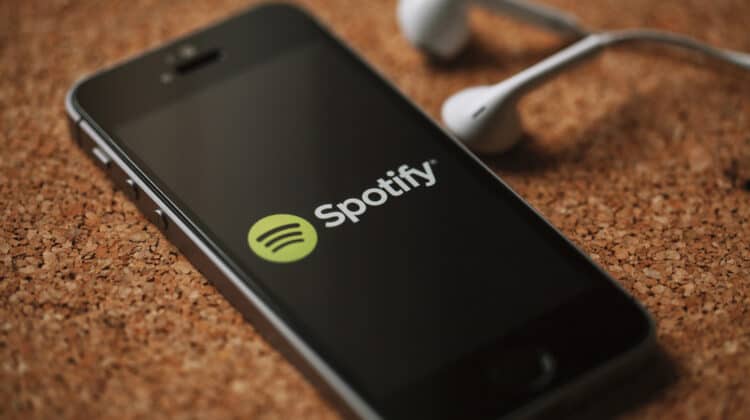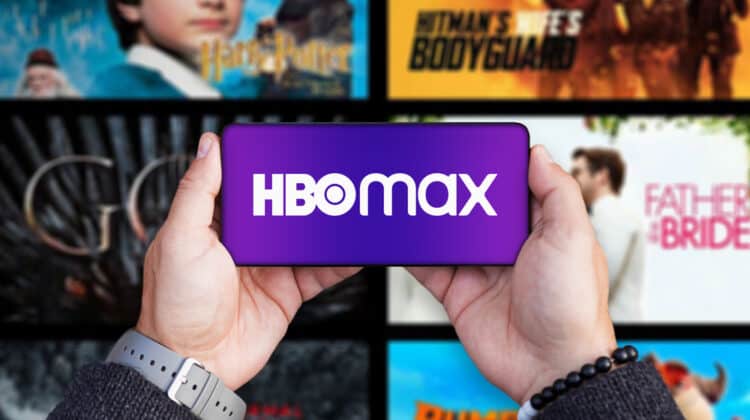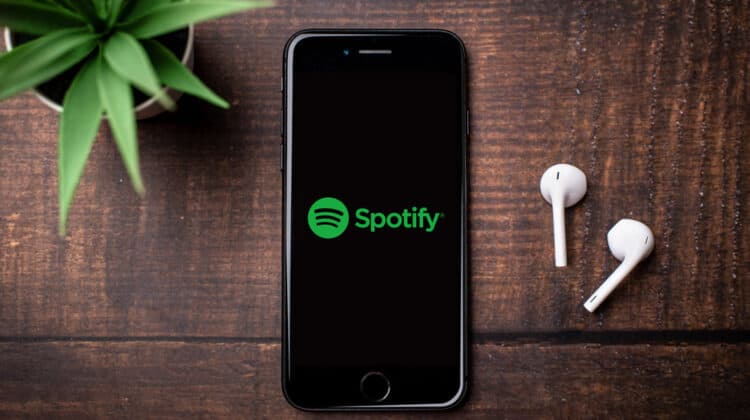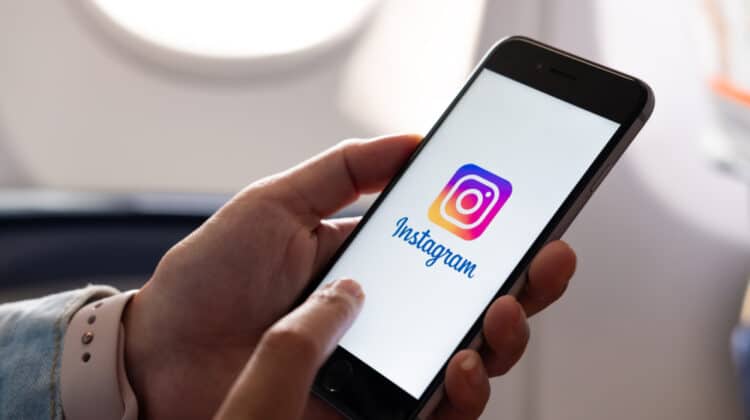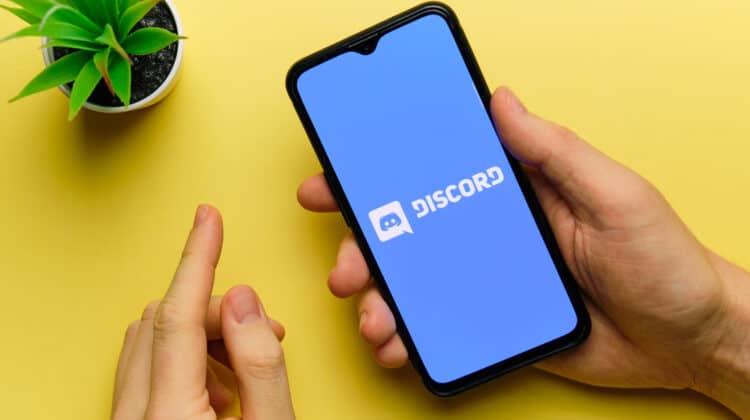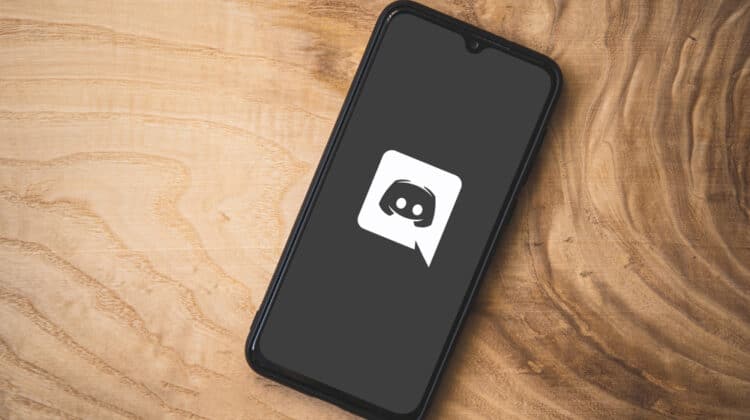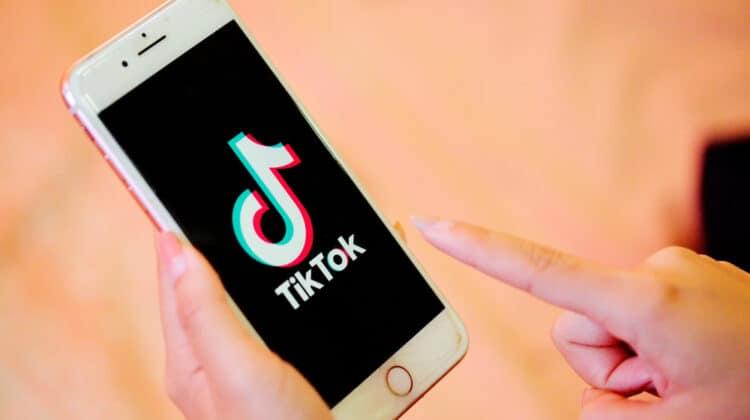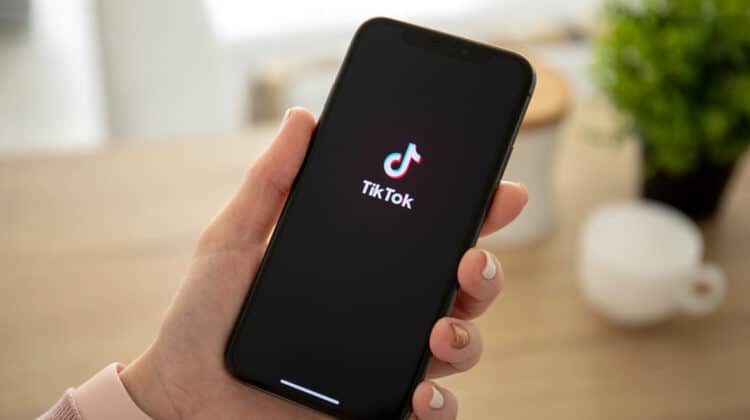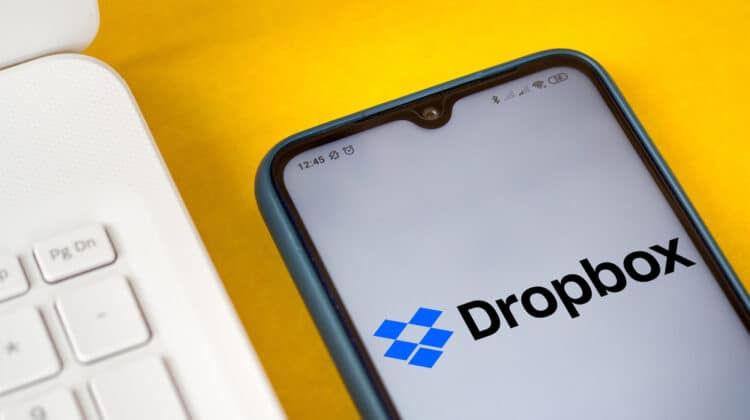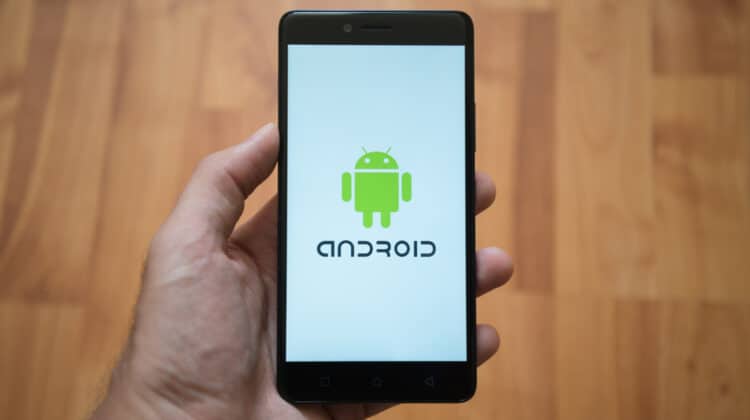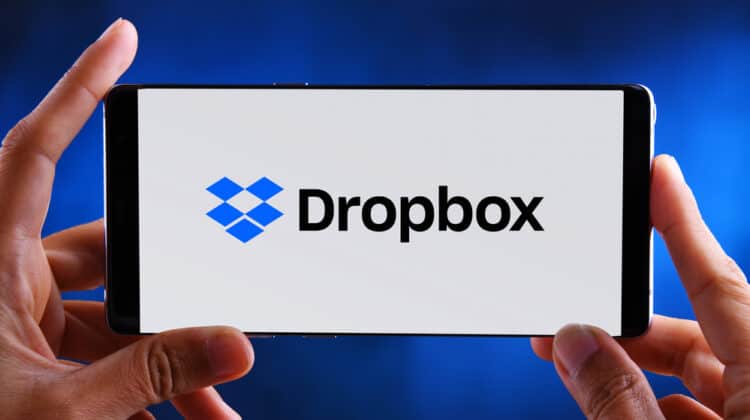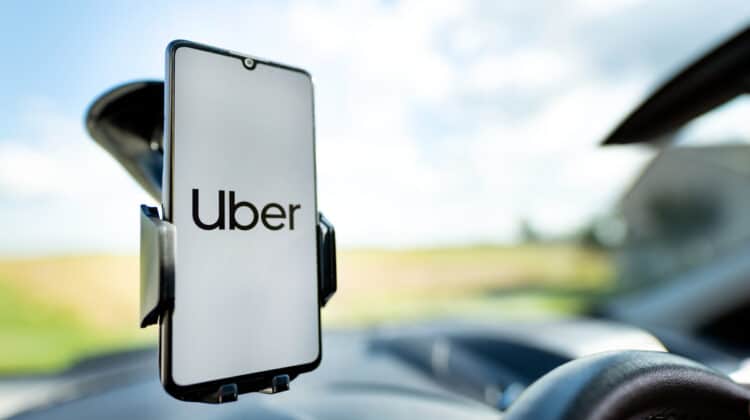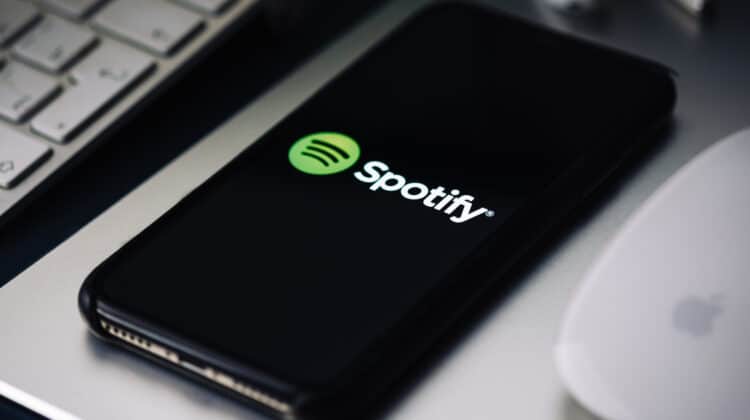
Audible is a great resource for finding new and favorite books narrated by high-quality actors.
The problem with Audible is that its pricing is quite expensive.
By understanding what makes Audible expensive, you can decide whether the price is worth paying.
Why Is Audible So Expensive? (10 Reasons)

Audible has two main subscription plans with a few other plans that offer additional benefits.
Its two main subscription plans cost $7.95 a month and $14.95 a month.
Audible is expensive because of its focus on providing premium content, the costs it takes on to produce that premium content, how its credit system works, and the fact that even after paying a subscription fee, you don’t receive access to everything on the platform.
Let’s look at these factors in more detail.
1. Audible-Only Content

Now, when it comes to Audible, there’s tons of content.
Some of the content comes from independent authors and publishers.
A lot of its content comes from Audible itself.
Audible has a selection of content that it calls “Audible Originals.”
This content usually includes podcasts or books that the company produces itself or through direct partnerships with publishers.
It’s content that only releases on Audible’s platform or somewhere on Amazon.
The reason this makes Audible expensive is that it adds some cost to the business.
If it’s a podcast the company is producing, for example, then the company is paying people to make the podcast.
Since it’s costing them money, the company needs to make up for those losses by charging higher prices.
Additionally, this is content that you can only access on Audible.
As such, Audible can charge a premium price for access.
The company understands that if it has a piece of content that a lot of people want to listen to, then it can charge a premium price for that access.
It’s the simple law of supply and demand.
Audible is expensive because it produces Audible-only podcasts called Audible Originals.
2. Famous Actors As Narrators

A common theme you’ll see on Audible is celebrity faces on the covers of different podcasts.
It’s become more and more popular for big-time celebrities or public faces to lend their voices to podcasts or audiobooks.
For example, whenever a blockbuster movie comes out that’s based on a book, it’s not uncommon for some cast members from the movie to also narrate an audiobook version of the book.
Podcasts are also rife with celebrities.
Everyone from Michelle Obama to Prince Harry either has a podcast they host or an audiobook that they narrate.
Those types of heavy hitters don’t come cheap.
Depending on the type of media, they may be taking one big paycheck or have access to the royalties that the media produces.
Either way, they’re likely receiving a big cut of the money since they’re lending their star power to the product.
If it’s an Audible Original, then Audible is going to be paying that money.
Since it’s incurring high costs by employing celebrities, it needs high prices to pay them and its other expenses.
Audible is expensive because of its focus on using celebrities and popular public faces in its content.
3. Focus On High-Quality Audio

Another big expense that Audible takes on is high-quality audio.
Most of the content you hear on Audible doesn’t sound as though the individual recorded the episode or chapter in a subway tunnel.
The audio is crisp and clear.
Audio fidelity is a huge part of a podcast’s or audiobook’s success.
If the audio quality isn’t high, it can be a distraction.
You don’t want your listeners distracted from the message you’re trying to give to them.
Podcasts and audiobooks also have tons of competition.
If your audio quality isn’t great, then the viewers can leave and listen to one of the many podcasts that do have high-quality audio.
The problem with producing high-quality audio is that it’s also expensive.
In most cases, it involves purchasing and maintaining high-quality audio equipment.
Recording equipment is also essential.
If a content producer has high expenses due to audio costs, then it will likely need to sell its podcast to Audible at a higher price.
Since Audible also faces its own audio expenses, it only further deepens its costs.
To offset those costs, Audible has to have higher prices.
Audible is expensive due to the high costs of using and maintaining high-quality audio equipment.
4. Free Trial

You might be wondering if you have to pay Audible’s expensive subscription price right off the bat.
The good news is that you don’t.
Audible offers a free 30-day trial.
You can try out the platform for yourself and see if it’s worth paying for by the time your trial ends.
While this is great for consumers, it isn’t always as great for Audible.
Audible runs a risk by offering free trials.
A consumer might take advantage of their free trial and listen to almost everything they might want to during that time.
When their trial ends, they have no reason to pay for the subscription.
Much like streaming platforms, Audible is counting on consistently binge-worthy content to keep its audience around and engaged.
If a consumer listens to everything they have an interest in during their free trial, then they’re not going to pay for a subscription.
Audible loses money.
Audible also loses money while the person is engaging in their free trial because the company is basically paying expenses without receiving a return on its investment for that particular consumer.
The hope is that the consumer will love Audible’s content and subscribe to access more, but that doesn’t always happen.
As such, Audible has to protect itself and charge higher prices to provide a cushion for the expenses it takes on during free trials.
Audible is expensive because it offers free trials.
5. Value Doesn’t Match Price

To some people, Audible doesn’t have enough benefits to try out more expensive subscription plans.
For example, the Audible Plus subscription costs $7.95 a month.
With that plan, you receive access to Audible Originals, audiobooks, meditations, sleep tracks, and podcasts.
That’s a ton of content for just $8 a month.
Its Audible Premium Plus plan doesn’t offer much beyond that.
For $14.95 a month, you have the same access as an Audible Plus member, plus one title each month that comes from the bestseller list or the new release list.
Audible also claims that you own that extra title each month.
That’s all you receive despite the subscription plan doubling in price.
For some people, the value just isn’t there for the high price.
Add to this that some audiobooks are also free on other platforms.
Spotify, for example, has tons of podcasts and audiobooks that you can listen to for free.
YouTube is also jumping on the bandwagon and making podcasts one of its main features.
The high price of Audible’s more expensive subscription plans doesn’t quite make sense for those looking for a lot of bang for their buck.
Audible is expensive because the value of what the consumer receives doesn’t always match the high price that Audible asks for.
6. Number Of Audible Credits

Audible has a unique system in which its subscription plan doesn’t cover everything.
Even if you pay for the $14.95 subscription plan, you won’t have access to everything on Audible.
If you want to listen to some premium podcasts or books, then you have to pay extra for them.
Audible lets you purchase access to its premium content through credits.
The Audible Plus plan doesn’t include a credit.
The Audible Premium Plan comes with one credit a month.
Audible allows you to buy more credits, however.
For example, its Audible Premium Plus plan comes with two credits each month.
That plan will cost you $22.95 a month.
All for one more credit to purchase something on Audible’s premium tier.
Audible’s most expensive plan is Audible Premium Plus Annual – 24 Credits.
It costs $229.50 a year, and you receive 24 credits for the year.
This makes Audible expensive because you have to pay to have more access to Audible’s content even though you’re already paying a monthly fee.
Audible is expensive because you have to buy more expensive subscription plans to gain access to credits to access more of Audible’s content.
7. Credits Expire

It gets even worse, though.
The credits that you’re paying significantly more money for expire.
Whenever you receive a credit, you have one year to use that credit before it vanishes from your account.
This means you can’t even save a credit for a release that’s coming in a few years.
You have to spend the credit or risk losing it.
From a business perspective, the reason Audible has its credits expire makes sense.
It requires its consumers to keep paying the high prices on its subscription plans to ensure they always have credits available for new releases.
From the consumer’s perspective, it just makes Audible even more expensive.
Audible is expensive because its credits expire, requiring you to keep paying high prices for access to more credits.
8. Device Syncing

One of the features that Audible provides is its ability to sync with many different types of devices.
An example is that Audible can sync with Alexa.
You can ask Alexa to play your favorite podcast on Audible.
Alexa will then connect to Audible and resume where you left off.
Device syncing can be quite convenient for audience members since it enables them to listen in different environments.
They can listen to a podcast on the way to work, for example, then switch to Alexa or another device when they get home.
It allows them to listen seamlessly.
That sort of syncing requires some engineering and development.
With more devices looking to play podcasts, it means Audible is spending more money on making itself compatible with those devices.
That requires investment which means Audible needs the money to invest.
That results in higher prices.
Audible is expensive because of its ability to sync to different devices.
9. Membership Doesn’t Include Access To Everything

A problem with Audible is that even after you pay for a subscription plan, you don’t immediately gain access to everything.
Audible doesn’t offer a subscription plan that has access to everything.
You have to buy credits if you want to access certain titles that aren’t available to you.
As a result, you’re always spending money on Audible.
This makes Audible quite expensive.
10. Royalties

A final reason Audible is expensive is that it has to pay royalties.
Any content that Audible publishes and does not own is content that it has to pay royalties on.
A certain amount of money that the particular podcast makes goes to the podcast owners.
As such, the company doesn’t always make a lot of money off of the content it has.
It has to rely on subscription plans for the majority of its funding.
The more royalties Audible needs to pay out, the more it’s going to lean on its other revenue streams to make up the difference.
Audible is expensive because it has to pay royalties instead of keeping all that money for itself.
NEXT: Why Is Spotify Censoring My Music? (Reasons, Fixes)